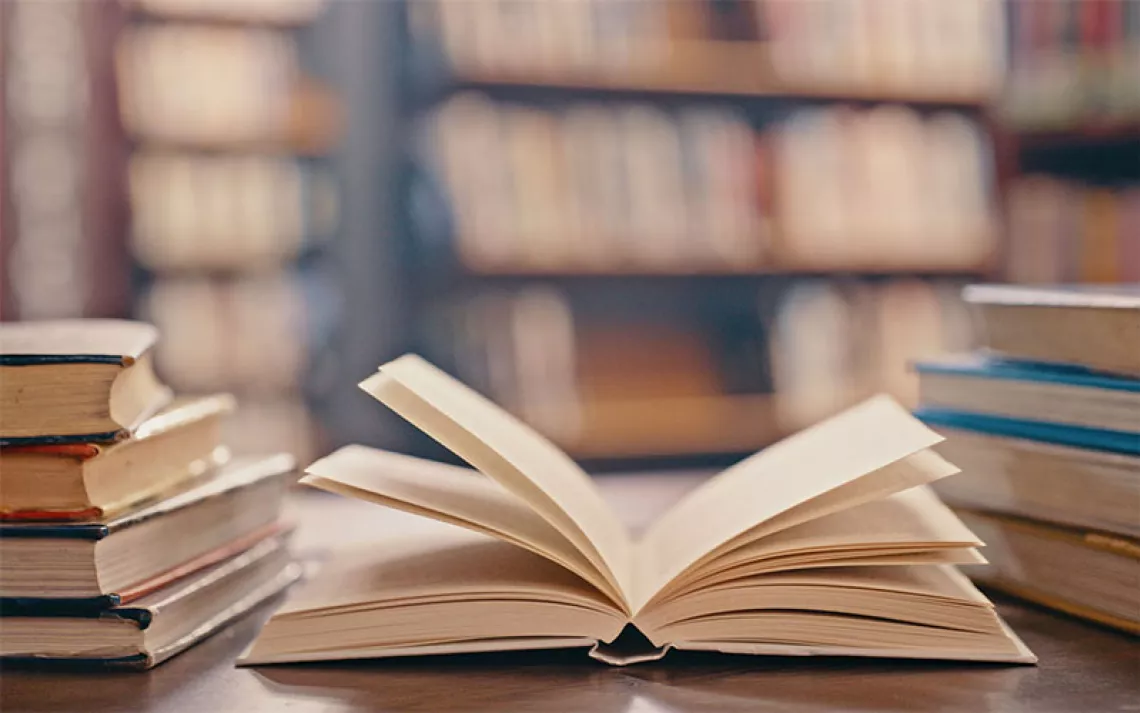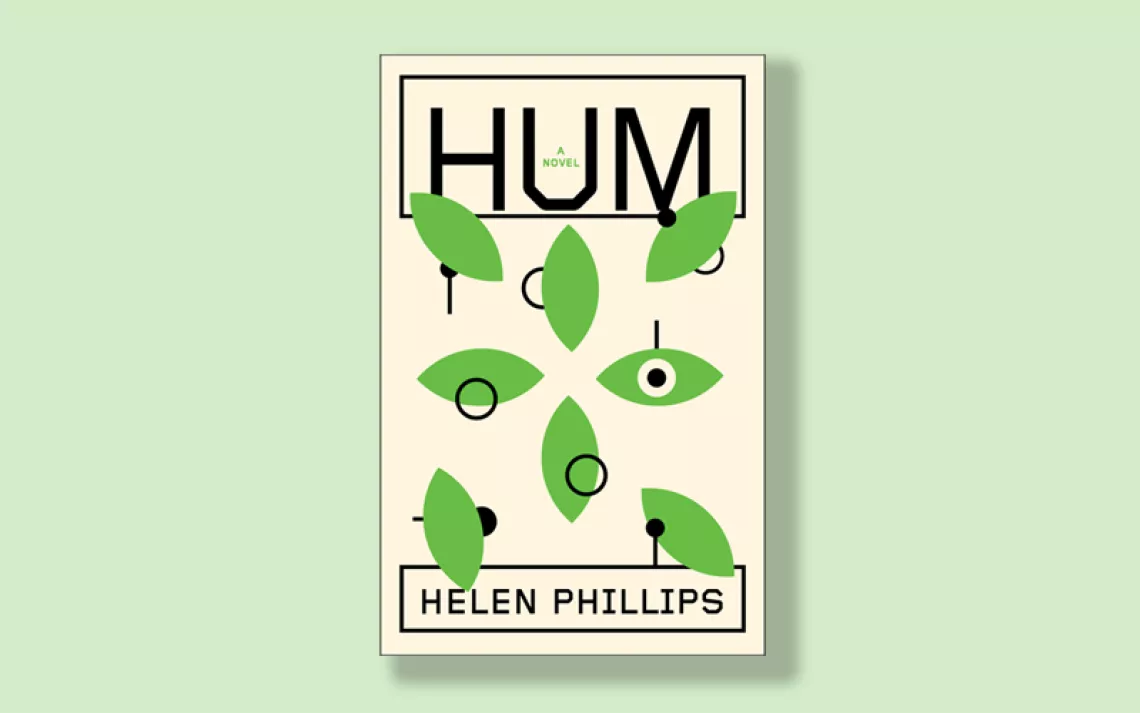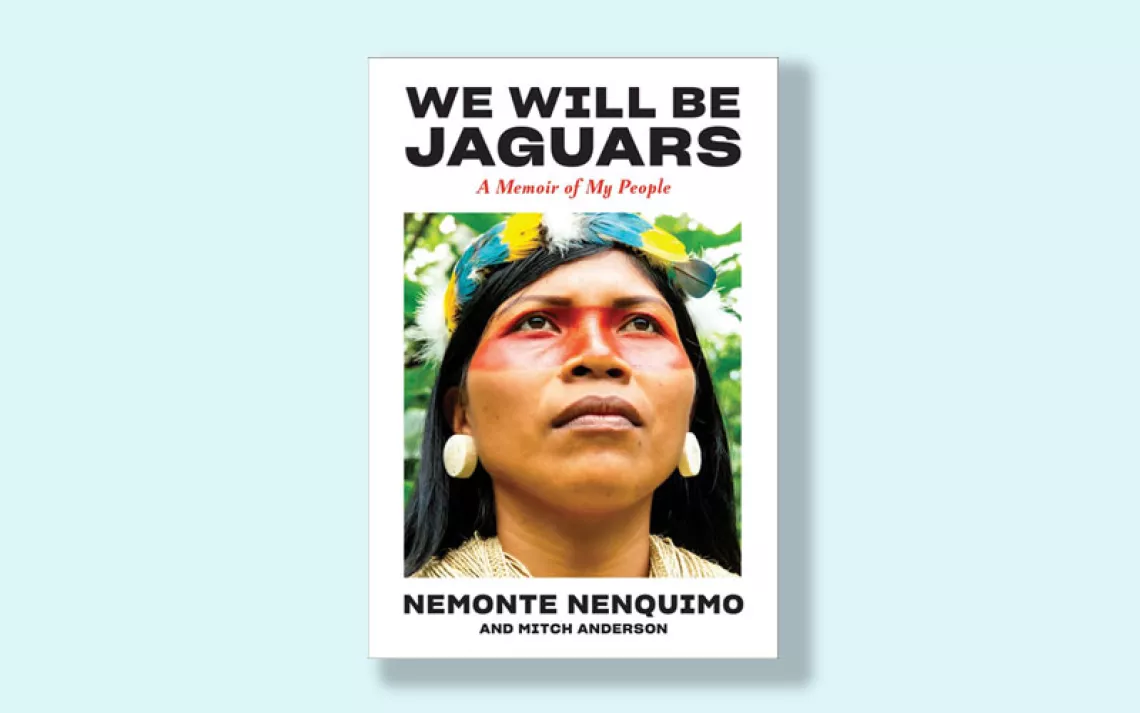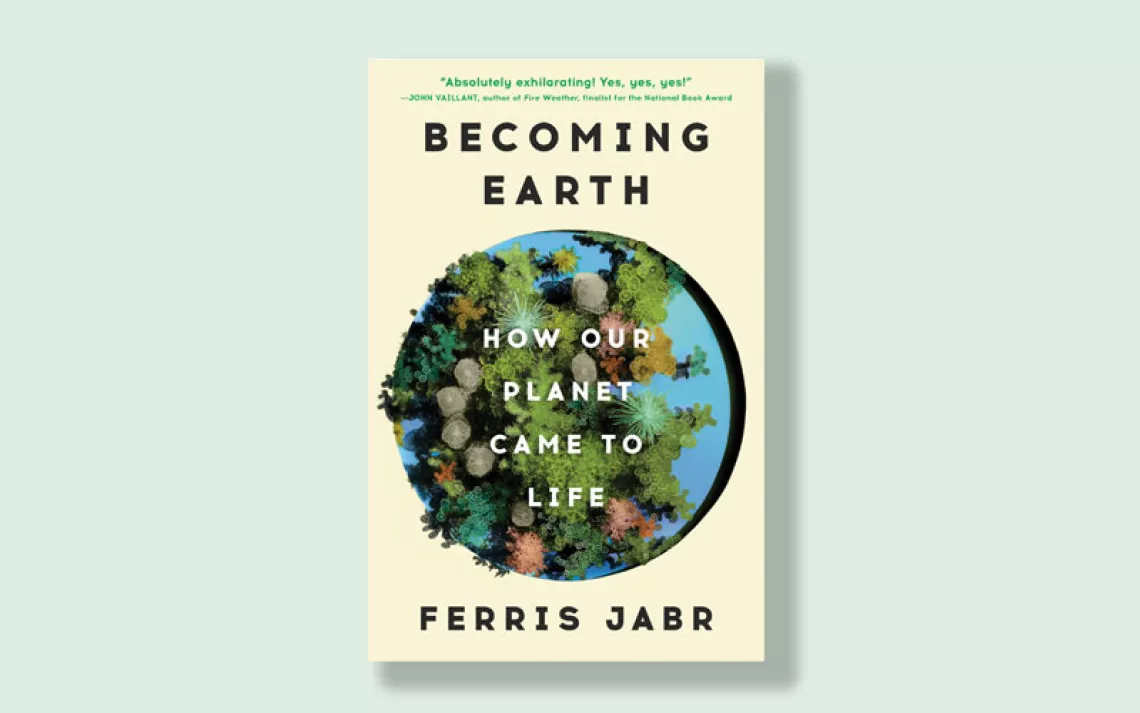On Drought and Doubt
A different way to talk about climate change
 More Americans believe in angels than in climate change, writes journalist Seamus McGraw in his new book, Betting the Farm on a Drought: Stories From the Front Lines of Climate Change (University of Texas Press, 2015). At the same time, many traditional American livelihoods—ranching, fishing, and farming, to name a few—are at risk from drought, overfishing, and superstorms.
More Americans believe in angels than in climate change, writes journalist Seamus McGraw in his new book, Betting the Farm on a Drought: Stories From the Front Lines of Climate Change (University of Texas Press, 2015). At the same time, many traditional American livelihoods—ranching, fishing, and farming, to name a few—are at risk from drought, overfishing, and superstorms.
McGraw's old way of life in Washington Township, Pennsylvania, is long gone. What was once a sprawling family cattle pasture where he broke his first horse—and a few bones in the process—is now a shale fracking play. Ranch life, which defined his childhood, has been replaced by failed farms and groundwater pollution from injection fluid. And much like ranchland in the Texas Panhandle, he says, meaningful dialogue about this cultural change is running dry.
That's why he profiles the black sheep of environmental advocacy, like Katharine Hayhoe, a climate scientist and evangelical Christian, and Bob Inglis, a former Republican congressman who lost his bid for reelection after speaking out in favor of climate science. The challenge is finding a way to communicate with the opposing camp about the reality of a warming planet while ditching the polarizing rhetoric.
The unlikely friendship between McGraw and Ethan Cox, an aging Illinois farmer with conservative allegiances and deep-seated doubts about climate change, shows that consensus can be aided by a cup of coffee and a shared love for the land. Maybe reducing atmospheric carbon dioxide to 350 parts per million begins with a friendlier conversation.
 The Magazine of The Sierra Club
The Magazine of The Sierra Club



